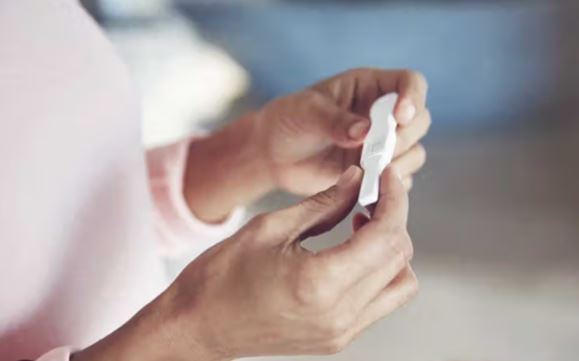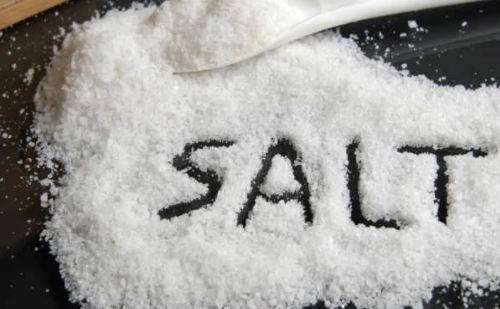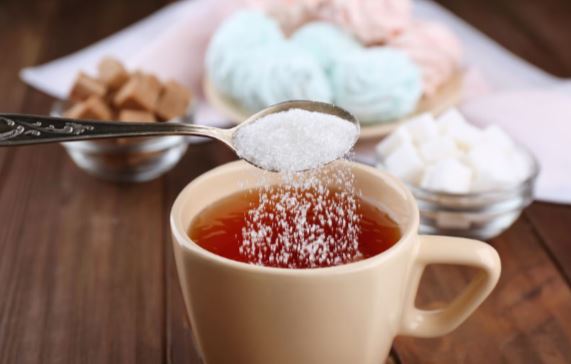Lifestyle
How to test pregnancy with salt

Finding out if you’re pregnant can be an exciting but sometimes nerve-wracking experience.
While there are various methods available, one popular and accessible DIY option is the salt pregnancy test.
This simple technique involves using common household ingredients to detect the presence of pregnancy hormones in your urine.
Understanding the salt pregnancy test
The salt pregnancy test is based on the idea that when urine from a pregnant woman is mixed with salt, it may cause a reaction that indicates pregnancy.
While this method is not scientifically proven or reliable as medical tests, many women find it intriguing and opt to try it out due to its simplicity and convenience.
Materials needed to perform a salt pregnancy test
To perform the salt pregnancy test, you’ll need the following materials.
- A clean, transparent glass or plastic cup
- Table salt (preferably finely ground)
- Morning urine sample (as it tends to have higher levels of pregnancy hormones)
- Timer or clock to track time
How to test pregnancy with salt: Step-by-step guide
1. Collect your urine sample
First thing in the morning, collect a fresh urine sample in a clean cup. It’s essential to use the first-morning urine for the most accurate results, as it is more concentrated and contains higher levels of the pregnancy hormone hCG (human chorionic gonadotropin).
2. Prepare the salt solution
Take a tablespoon of finely ground table salt and add it to the urine sample in the cup.
Stir the mixture gently to ensure that the salt is fully dissolved. Allow the solution to sit for a few minutes to settle.
3. Observe the reaction
After letting the salt and urine mixture sit for a few minutes, observe any changes that occur.
In some cases, a reaction may occur, characterized by the formation of clumps, foam, or fizzing in the solution. This reaction is believed by some to indicate a positive pregnancy result.
4. Interpret the results
If you observe any significant changes in the salt and urine mixture, you may interpret it as a possible indication of pregnancy.
However, it’s essential to note that the salt pregnancy test is not scientifically proven and should not be considered a reliable method for confirming pregnancy.
For accurate results, it’s recommended to follow up with a medical-grade pregnancy test or consult a healthcare professional.
5. Dispose of the mixture
Once you’ve completed the test and interpreted the results, dispose of the salt and urine mixture safely. Clean the cup thoroughly with soap and water to ensure proper hygiene.
Important considerations when testing pregnancy with salt
- Accuracy: It’s essential to remember that the salt pregnancy test is not scientifically validated. While some women claim positive results, others may not observe any reaction, even if they’re pregnant. Therefore, it’s crucial not to rely solely on this method for confirming pregnancy.
- Consultation: If you suspect you may be pregnant, it’s advisable to consult a healthcare professional for a reliable pregnancy test. Medical tests, such as urine tests or blood tests, provide more accurate results and are the gold standard for confirming pregnancy.
- Fun Experiment: While the salt pregnancy test may not be a substitute for medical testing, some may find it a fun and harmless experiment to try at home. It can add a bit of excitement to the waiting period before taking a formal pregnancy test.










